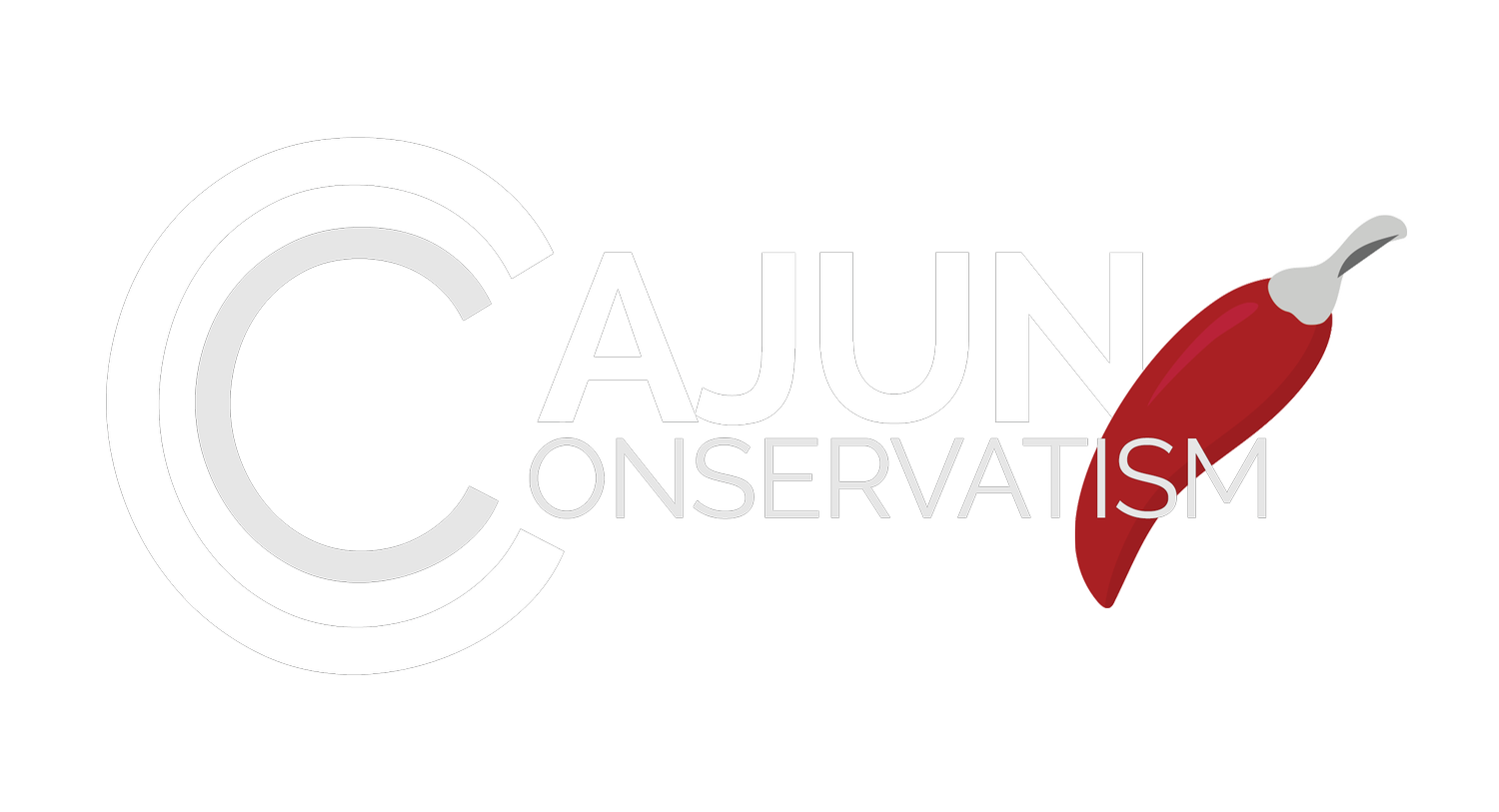Photo source: Wikipedia
Dr. Martin Luther King, Jr., the great civil libertarian of a generation whose courageous stand changed the course of our country, once said: “Ultimately a great nation is a compassionate nation.” America is a compassionate nation. We have spent our history liberating, not conquering; providing aid to Africa and Southeast Asia; and protecting our allies from South Korea to Israel.
But we can’t allow ourselves to confuse the true definition of compassion when put in practice. This is evident in today’s welfare programs and the billions of dollars wasted every year on individuals who don’t truly need this assistance. As the former Chairman of the subcommittee tasked with reforming our federal welfare program, I am too familiar with the confused line of thought that argues the more money we put into these programs, the better they will be. That is a falsehood that has kept families trapped in poverty across generations, creating a class dependent on government handouts and without the necessary skills to contribute in the modern workforce.
That’s not compassionate at all. In a way, it is cruel. It denies welfare recipients the dignity of work and transports our nation away from our founding principle of individual liberty.
It may or may not be hard to believe, but today our primary federal welfare program, known as the Temporary Assistance for Needy Families (TANF) program, is not adequately measuring the success of moving recipients off of welfare rolls and into work. First created twenty years ago, this program has not been reformed since its creation. Every government program should be pressed to prove it is meeting performance goals and providing value to our society.
That’s why I am proud my bill, the Improving Employment Outcomes of TANF Recipients Act, was recently passed by the Ways & Means Committee and sent to the House floor for consideration. This is a common-sense bill requiring states to measure their success in three areas: moving TANF recipients off of welfare into work, keeping former recipients in work, and helping former recipients increase their earnings over time. Additionally, the bill would require states to work with the Department of Health & Human Services (HHS) to set goals for each of these measures, taking into account each state’s unique demographic and economic conditions.
If we truly want to address poverty in this country, we cannot spend our way out of it. Current welfare programs are structured so poorly, they provide incentives for recipients to avoid work and stay dependent on permanent handouts. This system was never intended to function this way, and it shouldn’t. It’s damaging to the fabric of our society and increasing our debt. Recipients must be empowered to lift themselves out of poverty by giving them the tools to be successful in work and increase their income over time.
I believe that is true compassion - getting government out of the way, ensuring a safety net is there in case of occasional stumbles, and unleashing the true potential of our people.
Congressman Charles Boustany








